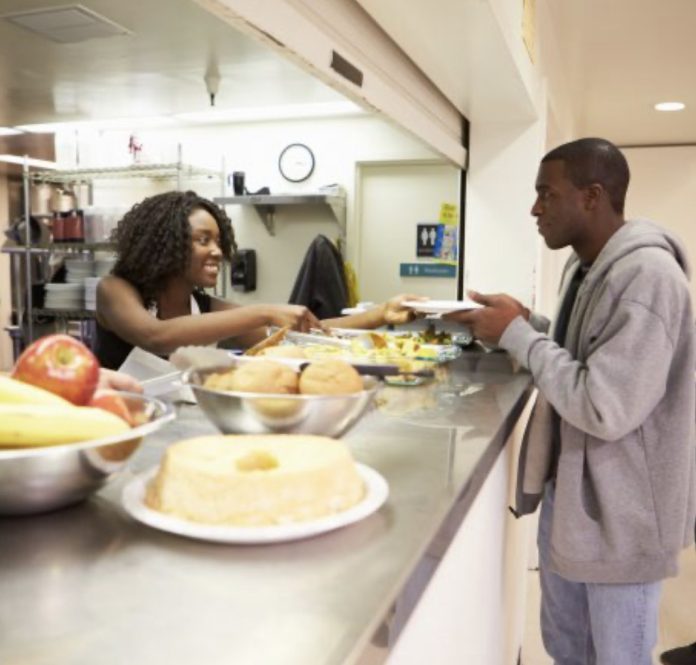Thcost-of-living crisis is forcing more young people to seek support from Foodbanks
A survey by Fareshare found over half of the charities and community groups they serve and surveyed also reported increased demand during key holiday periods, with pressure on charities like afterschool and breakfast clubs increasing outside of term time.
FareShare is calling on political parties to help tackle the staggering levels of food waste – the equivalent of 10 billion meals – across the food industry every year.
In this election year, FareShare has launched a three-point manifesto shaped by charities and community groups across the UK. This manifesto calls on political parties to close the food gap and help get more edible surplus food to people who need it and prevent it from going to waste.
FareShare takes the environmental problem of food waste and turns it into social good, working with the food industry to redistribute good-to-eat surplus food to over a million people across the UK. Within this network are school and youth groups, community centres, and organisations dedicated to supporting children and young people, all providing food alongside essential wraparound services.
The Warren Youth Project, a grassroots user-led charity providing vital support services to young people aged 14 to 25 in Hull, uses food from FareShare to provide hot meals daily and food parcels weekly – alongside operating a training kitchen that upskills young people in preparing and cooking food.
Caroline Gill, Food and Nutrition Lead at The Warren says: “In the past 12 months we’ve seen a substantial increase in the number of young people accessing our services, including needing emergency food support. Many young people in Hull live in supported accommodation and/or are trapped in a poverty cycle, resulting in more requests for food that requires little or no cooking – due to fuel poverty. Even with our weekly delivery from FareShare and support from Hull City Council, we rarely have anything left on our food parcel day.
The food we receive from FareShare not only helps young people get the nutrition they need, it’s also used in our training kitchen (known as ‘Scran’) so they can learn how to cook on a budget, gain food safety qualifications and support each other in a fun and safe environment. More than anything, this food gives them the thinking and breathing space to tackle the other issues they’re facing.”
Demand for food from FareShare continues to increase, and almost half of the charities responding to the survey (43%) also said that without regular food supplies, they would likely have to close down entirely due to spiralling operational costs.
After years of campaigning from FareShare and the Felix Project, in February 2024 the Government announced a £15 million fund to help farmers redistribute surplus food, preventing millions of meals worth of edible food from going to waste on UK farms.
While a significant step forward, the UK still lags the USA, France and Spain in the redistribution of surplus food.
George Wright, CEO of FareShare said:“Over the past 30 years FareShare has combatted the environmental impact of food waste by redistributing it to charities that provide other essential services that treat the root causes of food poverty, such as school clubs and community centres. This research shows the urgency of our mission, including supporting young people across the UK who should be looking ahead to a brighter future, not worrying about what they have to eat.
We welcome the Governments recent announcement of £15m for farmgate surplus redistribution, and will work closely with them to support the creation of an effective and efficient system of getting healthy fresh produce to our beneficiaries.
Government also has a key role to play in the support of the manufacturing industry. The UK lags behind Europe and the US in surplus redistribution, where tax and legislative regimes are much more favourable. By levelling the playing field we can make the UK a leader in tackling food waste, and make a significant impact, both on the environment and supporting the many families across the UK in food poverty.”







